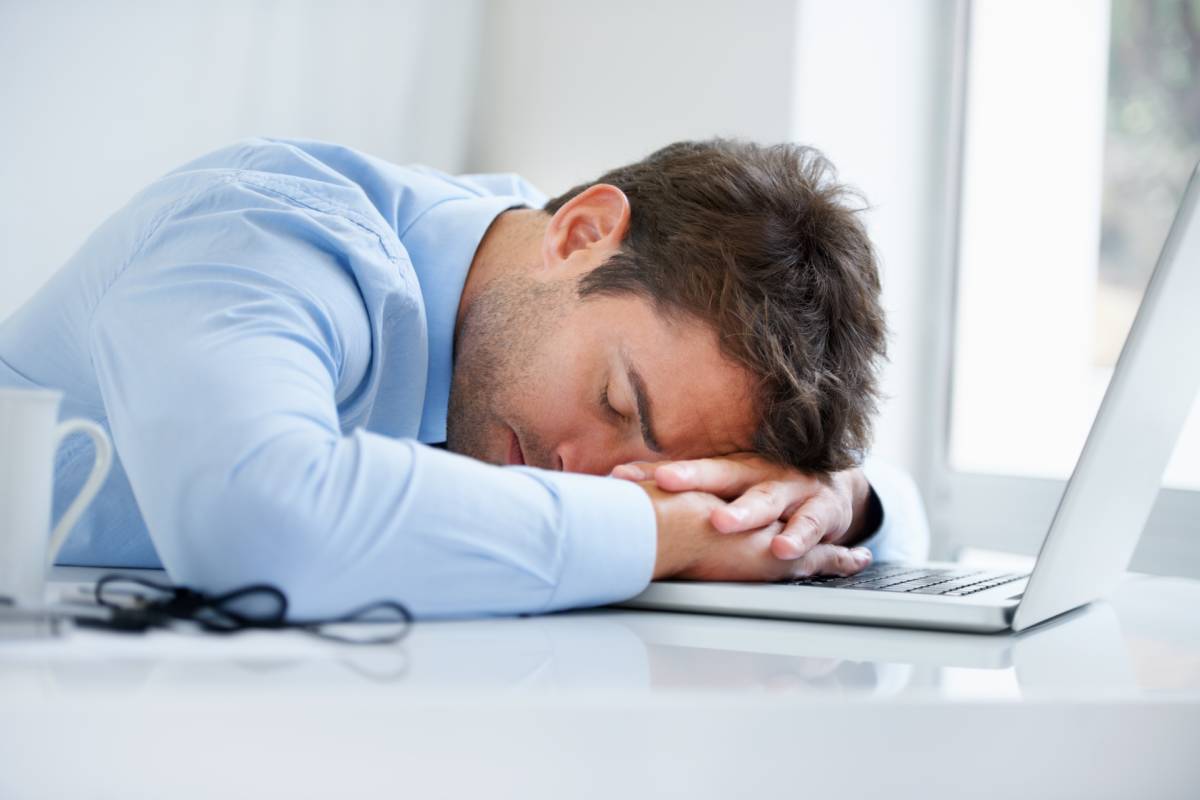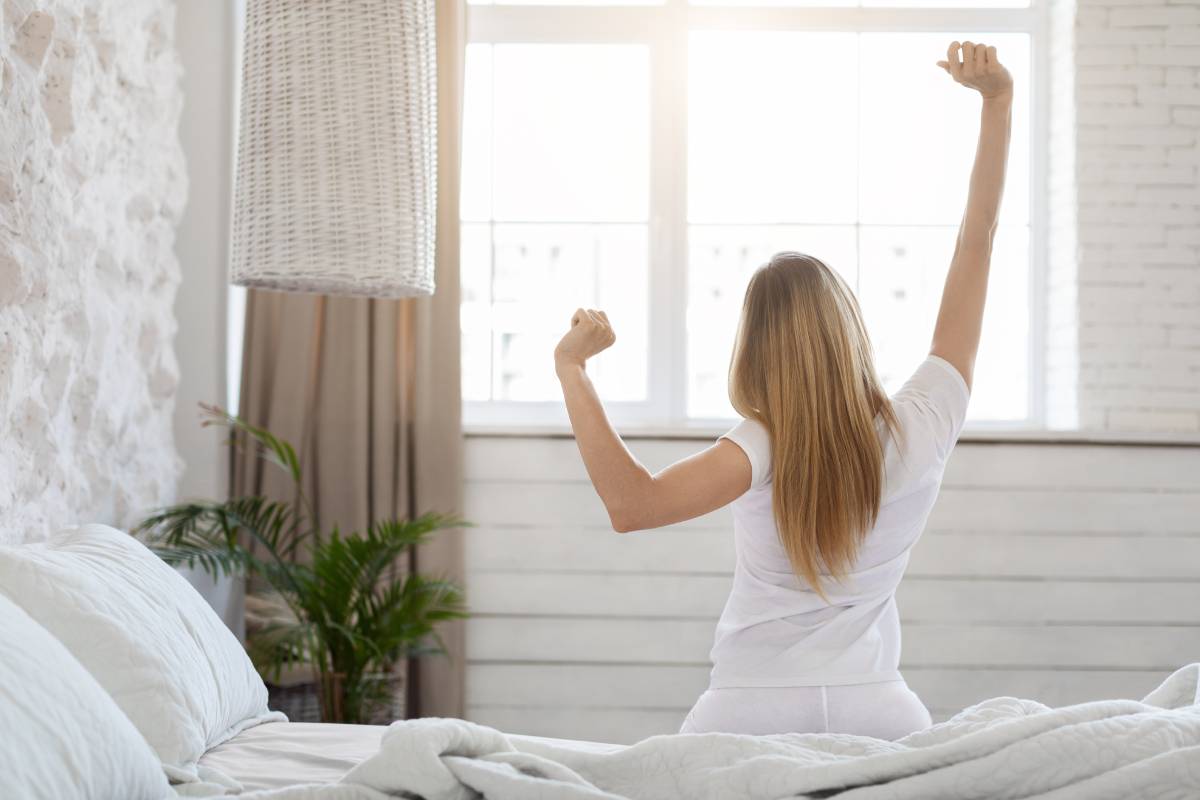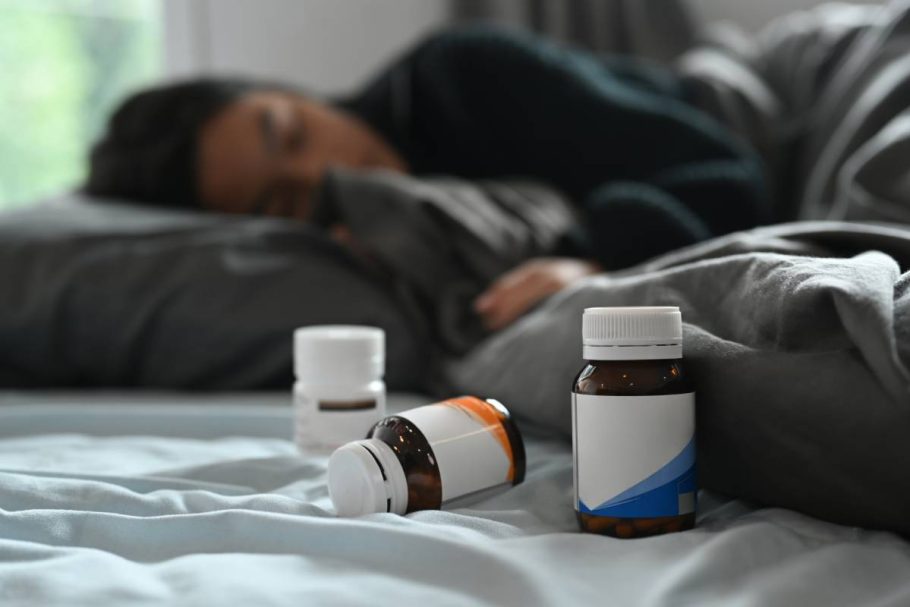Managing sleep issues by focusing on sleep aids and herbs that are safe for long term use along with lifestyle changes to promote better sleep.
Getting a good night’s sleep is essential for maintaining overall health and well being. However sleep disorders and occasional insomnia affect millions of people leading many to seek solutions in sleeping pills or natural supplements.
The key question is: What are the safest options for daily use? This article explores prescription medications over the counter solutions, and natural remedies while highlighting the potential risks and benefits of long-term use.
By understanding the available choices individuals can make informed decisions to promote healthier more restful sleep.
What Is the Safest Sleeping Pill for Daily Use?
Finding a safe sleeping pill for daily use can be challenging as long term use of sleep aids may lead to dependency and adverse health effects.
However, there are options considered relatively safe when prescribed and used under medical supervision.
Non addictive medications, natural supplements, and lifestyle changes can help improve sleep quality without serious side effects.

Prescription Options
Several prescription medications are considered safer for daily use when compared to traditional benzodiazepines like Valium or Xanax.
Melatonin Receptor Agonists
Medications like ramelteon mimic the natural hormone melatonin which regulates the body’s sleep wake cycle. These are non addictive and can be used for longer durations.
Doxepin
Doxepin is a low dose tricyclic antidepressant approved for treating insomnia. It is non-habit forming and can be suitable for long term use.
Orexin Receptor Antagonists
Drugs like suvorexant block orexin a neurotransmitter that promotes wakefulness. They are non addictive but may have side effects like daytime drowsiness.
Non Benzodiazepine Hypnotics
Medications like zolpidem and eszopiclone are effective but should generally be used with caution for daily use due to the risk of dependency.
Over the Counter
OTC sleep aids are widely available and can be useful for occasional use. Some of the safer options include
Melatonin Supplements
Melatonin is a natural hormone that regulates the sleep cycle. Supplements can help those with disrupted sleep patterns such as shift workers. Melatonin is non addictive and generally safe for daily use in low doses.
Antihistamines
These are common ingredients in OTC sleep aids but may cause next day drowsiness and tolerance when used regularly. They are not recommended for long term daily use.
Magnesium
This essential mineral plays a role in relaxing muscles and promoting restful sleep. Magnesium glycinate is often preferred due to its bioavailability and gentle effect on the digestive system.
Valerian Root and Herbal Supplements
Valerian root passionflower and chamomile are natural options known for their calming properties.
They may be effective for some individuals but should be used under guidance if taken regularly.
What Happens if You Take Sleeping Pills Every Day?

Daily use of sleeping pills can have varying consequences depending on the type of medication dosage and individual health factors.
While occasional use is generally safe for most people prolonged use may lead to physical and psychological side effects.
Tolerance and Dependency
With long term use, your body may become tolerant to the effects of certain sleep aids requiring higher doses to achieve the same result. This can lead to physical dependence making it difficult to sleep without the medication.
Withdrawal Symptoms
Stopping sleeping pills after prolonged use can cause withdrawal symptoms, including:
- Insomnia rebound
- Anxiety and restlessness
- Muscle aches and nausea
Cognitive and Memory Issues
Prolonged use of some sleep aids particularly benzodiazepines and non benzodiazepine hypnotics has been linked to cognitive impairments such as memory loss and reduced focus.
Daytime Drowsiness and Fatigue
Some sleep aids can cause residual drowsiness leading to decreased productivity and safety concerns such as an increased risk of accidents.
Impact on Mental Health
Long term use of certain sleeping pills may be associated with an increased risk of depression or anxiety.
Health Risks
Studies suggest a potential link between chronic use of sleeping pills and an increased risk of
- Respiratory issues
- Heart problems
- Kidney and liver dysfunction
Drug Interactions
Sleeping pills can interact with other medications leading to potentially dangerous side effects.
Always inform your healthcare provider about any medications or supplements you are taking.
What Is the Healthiest Thing to Take for Sleep?
Achieving good quality sleep doesn’t always require prescription medications or over the counter pills.
Many natural remedies and lifestyle changes can help promote restful sleep without negative side effects.

Melatonin
As mentioned earlier melatonin is a safe and effective supplement for regulating the sleep wake cycle particularly for individuals with disrupted schedules or jet lag.
Magnesium
Magnesium supplements especially magnesium glycinate or citrate can help relax the muscles and nervous system making it easier to fall asleep.
Herbal Teas
Teas made from chamomile valerian root and passionflower have natural sedative properties that can promote relaxation and better sleep.
L-Theanine
This amino acid found in green tea promotes relaxation and reduces anxiety without causing drowsiness. L-theanine supplements can help you fall asleep more easily.
CBD Oil
Cannabidiol has been shown to reduce anxiety and improve sleep quality for some people without the psychoactive effects of THC.
Tart Cherry Juice
Tart cherries are a natural source of melatonin. Drinking tart cherry juice before bed has been linked to better sleep quality and duration.
Lifestyle Tips for Better Sleep
In addition to supplements adopting healthy sleep habits can greatly improve sleep quality:
- Establish a Routine: Go to bed and wake up at the same time every day, even on weekends.
- Create a Sleep Friendly Environment: Keep your bedroom cool dark and quiet.
- The 3-3-3 Rule for Sleep
- Limit Screen Time: Avoid screens at least an hour before bedtime.
- Exercise Regularly: Engage in moderate physical activity, but avoid intense workouts close to bedtime.
- Limit Caffeine and Alcohol: Reduce consumption, especially in the afternoon and evening.
Conclusion
While there are safe options for managing sleep difficulties, it is essential to approach daily sleep aid use with caution.
Melatonin receptor agonists, magnesium, and certain herbal supplements may be suitable for long-term use, but prescription medications should be taken under medical supervision.
Understanding the potential consequences of daily sleeping pill use and exploring natural alternatives can help ensure a healthy restful night’s sleep while minimizing health risks.
Always consult a healthcare provider before starting any sleep aid regimen to find the best and safest solution tailored to your needs.






